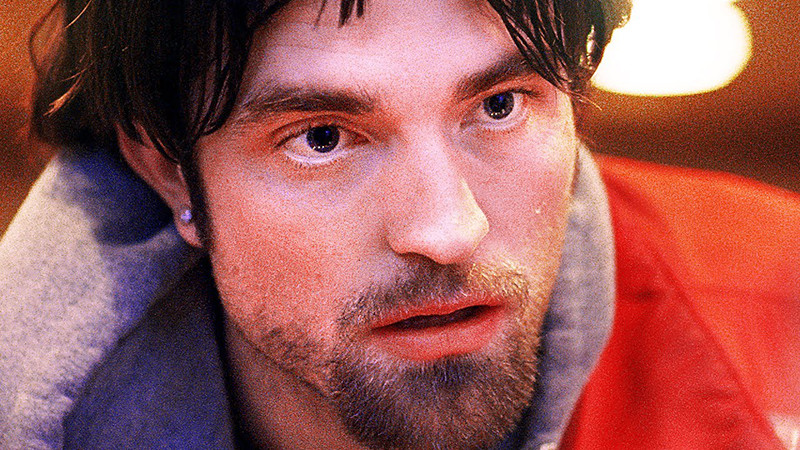
Sound the horns! ‘The Northman’, Robert Eggers’ brawny and bloody Viking epic has finally arrived with much fanfare. Flexing one of the best ensembles in recent memory (Anya Taylor-Joy, Nicole Kidman, Willem Dafoe) and a $90 million price tag, the film is without a doubt his biggest undertaking yet, as well as one of a dying breed of adult-oriented blockbusters. After dropping the mightiest one-two punch in modern cinema with a tandem of New England folktales that pushed the boundaries of horror to new heights (‘The Witch’ and ‘The Lighthouse’), Eggers is once again on everyone’s lips with his first step outside the genre.
The result is a testosterone-heavy story full of muck and gore that follows a Scandinavian prince-turned-berserker (Alexander Skarsgård) who vows to avenge the murder of his father (Ethan Hawke). If that premise sounds familiar, it’s because it’s modeled after the same 10th century Norse myth that served as inspiration for Shakespeare’s Hamlet. As Eggers forays into the thriller genre for the first time, we thought of assembling ten films of the same ilk that bear his seal of approval. And if the following choices are of any indication, it’s safe to say Robert Eggers encyclopedic knowledge extends to cinema just as much as history.
1. Hour of the Wolf (Ingmar Bergman, 1968)
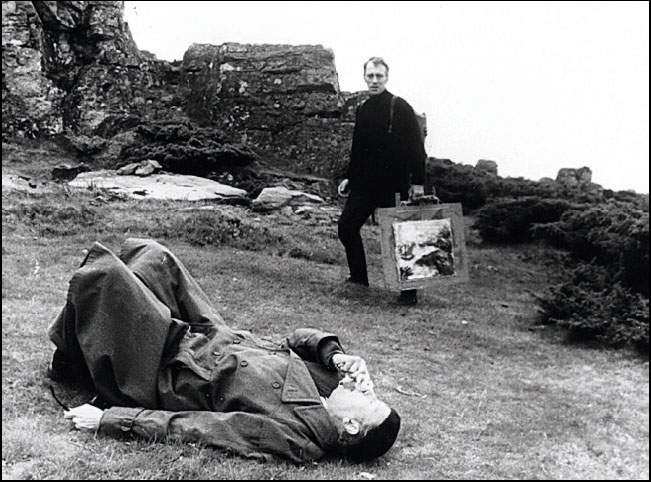
You won’t find a director held in a higher esteem by Eggers than the king of doom and gloom himself. Though Ingmar Bergman’s theological chamber dramas hardly classify as genre pieces, his work has been a boundless source of inspiration for Robert Eggers, who has repeatedly cited him as his favorite filmmaker bar none.
‘Hour of the Wolf’ plumbed and deepened the Swede’s well-known fixation on the human condition, existentialism and psychoanalysis in his most cryptic character study to date. The film, much like ‘The Lighthouse’, takes place on a windy, isolated island where two conflicting souls — in this case a tormented painter and her love-lorn wife — wrestle with their inner demons and repressed guilt before fully descending into madness. ‘Hour of the Wolf’ is bleak, scary and claustrophobic, filling you with dread not with cheap jump scares but through a haunting atmosphere, jarring imagery and a nightmarish crescendo where the lines between reality and hallucination begin to blur.
It’s hard to overstate the stylistic and thematic influence of Bergman’s gothic thriller on Eggers’ oeuvre. The director mentioned the film among his all-time favorites in a 2019 Reddit AMA and further discussed it during a conversation with Ari Aster. “It’s incredible how Bergman shifts perspectives, but you’re unaware of it. You can watch a scene and realize only later, ‘Holy shit! That was one shot that seamlessly moved with three different characters’ subjective experience of this scene and I had no idea. I would never think that’s the place you’re supposed to put the camera, but he puts it there and it’s perfect. You’re not assaulted by his choice; it feels totally instinctive.” If that praise weren’t enough, Max Von Sydow and Liv Ullman were his first two choices when asked which actors he’d love to direct in a future project.
2. Good Time (Safdie Brothers, 2017)
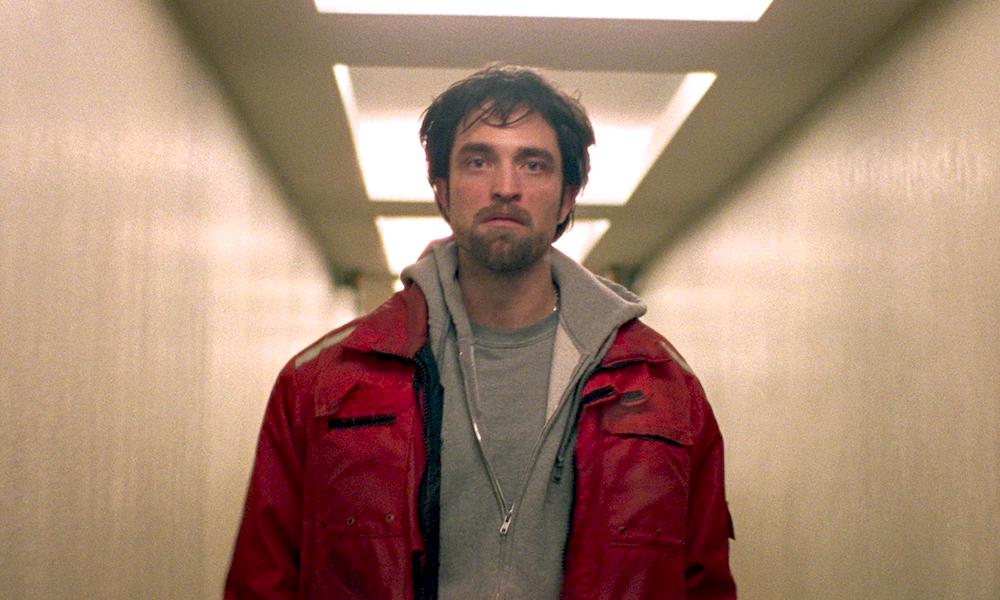
To this day, ‘The Lighthouse’ is widely considered as the crowning achievement of Robert Pattinson’s career, not to mention the biggest reason why he’s become one of the hottest commodities in Hollywood overnight. His subsequent roles as the co-lead in the latest Christopher Nolan film and as Bruce Wayne in Matt Reeves’ ‘The Batman’ all but confirmed his rebirth from teenage heartthrob to respected actor. But preceding Eggers’ second feature is ‘Good Time’, a suburban odyssey courtesy of the Safdie Brothers that should be credited for essentially kickstarting the Pattinson-renaissance — providing him the breakthrough role that reshaped his career, legitimized him within art-house circles and removed the ‘Twilight’ stigma around his on-screen persona for good.
True to the Safdies’ electrifying style, the film blends high-wire suspense and self-destructive characters who become embroiled in a whirlwind of predicaments only to dig themselves deeper into trouble. Pattinson plays a distraught man on an unhinged quest to rescue his arrested brother after their half-baked heist goes awry — a commanding performance that won him over in the eyes of Eggers, who cited the film as one of his six favorites of 2017 during an interview for IndieWire.
“Basically, I didn’t watch the ‘Twilight’ movies until a few years ago and they’re fucking terrible. But I always liked him, there was something mysterious there, and over the years I saw him become a great actor and approached him in case I found a role for him,” explained the director. “After that, I saw ‘The Lost City of Z’ and ‘Good Time’. And not that I needed convincing, but he’s incredible in those films.”
3. The Treasure of Sierra Madre (John Huston, 1948)
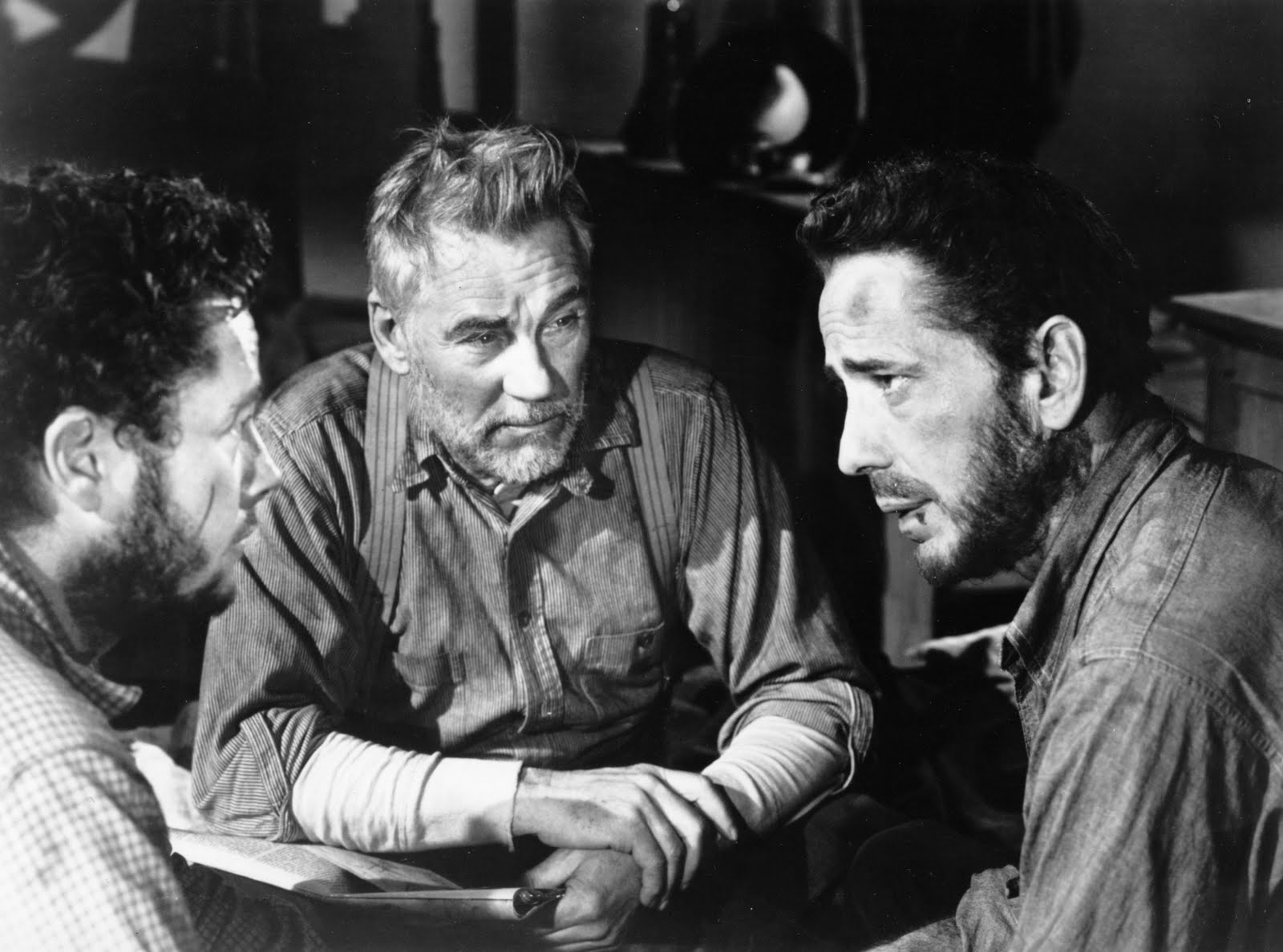
Speaking of Pattinson, Eggers cited John Huston’s quintessential classic as a key touchstone during the process of defining the tone and personality of his character as seen in ‘The Lighthouse’. “We were having a hard time figuring out how Rob’s character was going to talk. For the first version in which the character had any kind of personality, we were thinking about Humphrey Bogart and ‘Treasure of Sierra Madre’. We knew that was not the character and that he’s never going to be like that in the end, but our first way in was with that character. Finally, we had something to hold on to.”
Much like Eggers’ nautical period piece, Huston’s film probes themes of isolation and human psychology through the exploits of a couple of men who have no choice but to contend with each other and who eventually fall victim to their own paranoia and distrust. Bogart stars as Fred Dobbs, a penniless American stranded in Mexico who tags along with an old-time gold prospector on a dangerous trek through the arid mountains of Sierra Madre. And though he does find the gold he sets out to find in the first place, greed and psychosis soon threatens to subsume him. Despite playing against the type as a delusional, selfish antihero beyond redemption, Bogart delivers a tour de force performance in what might very well be his finest hour.
4. The Killing of a Sacred Deer (Yorgos Lanthimos, 2017)
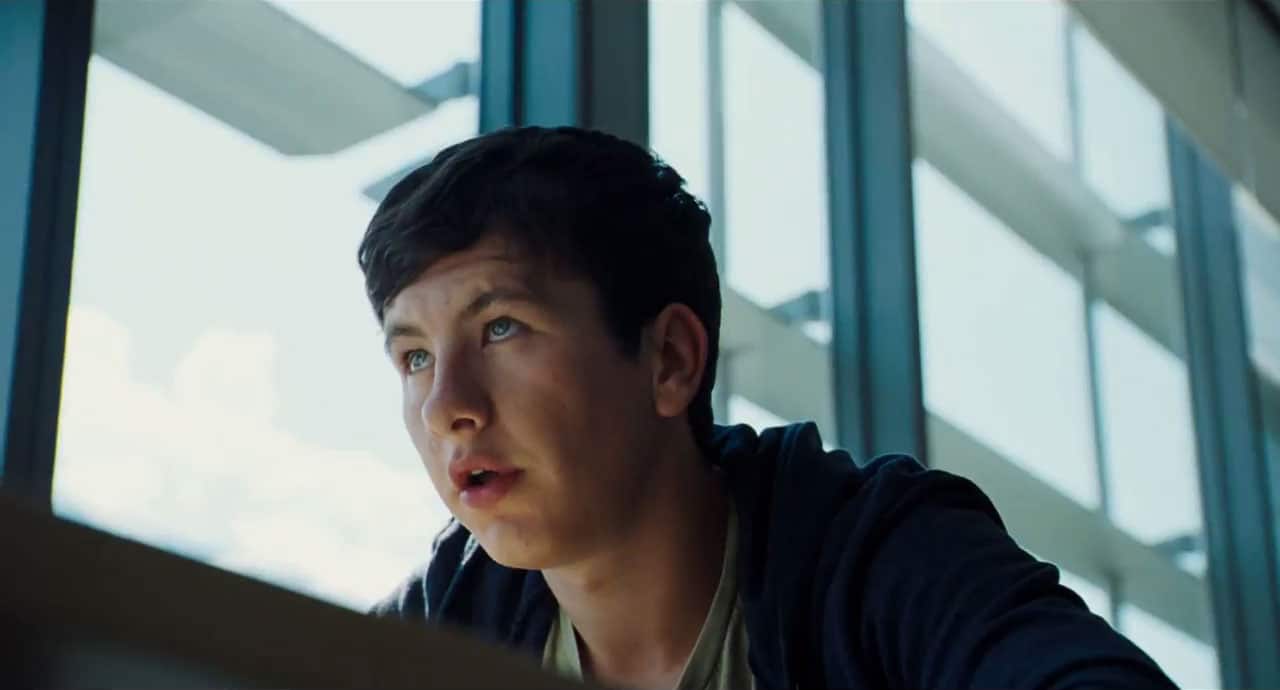
Unfulfilled prophecies, dysfunctional family dynamics, the heavy burden of fate, the folly of revenge… If these aforementioned themes ring a bell, it’s because they’re all burrowed deep into Robert Eggers’ oeuvre. The next entry in our present list — cited by the director as one of his favorite releases of 2017 — covers similar territory, finding its roots in mythology and folklore much like each of his first three features. Whereas ‘The Lighthouse’ reimagined Prometheus and Proteus’ legend in an off-kilter psychodrama drenched in symbolism, metaphors and grotesque humor, ‘The Killing of a Sacred Deer’ followed suit, finding its roots in another ancient Greek tragedy — Euripides’ Iphigenia at Aulis to be precise.
In a similar fashion to ‘The Witch’, the story transpires in a seemingly benign household where things take a turn for the worse after a member of the family makes contact with an outside presence. In Lanthimos’ film, Steven, the family’s patriarch and renowned cardiac surgeon, befriends Martin, an enigmatic teenager whose father accidentally died during one of his surgeries. The parallels don’t stop there — much like Amleth in ‘The Northman’, Martin plunges into an all-consuming quest to avenge his late father’s death, plotting a Machiavellian scheme in order to exact retribution. And to top it off, Nicole Kidman happens to play a frantic mother that sees her family implode from within, which should strike a chord if you’ve seen Eggers’ Scandinavian epic.
5. Blue Velvet (David Lynch, 1986)
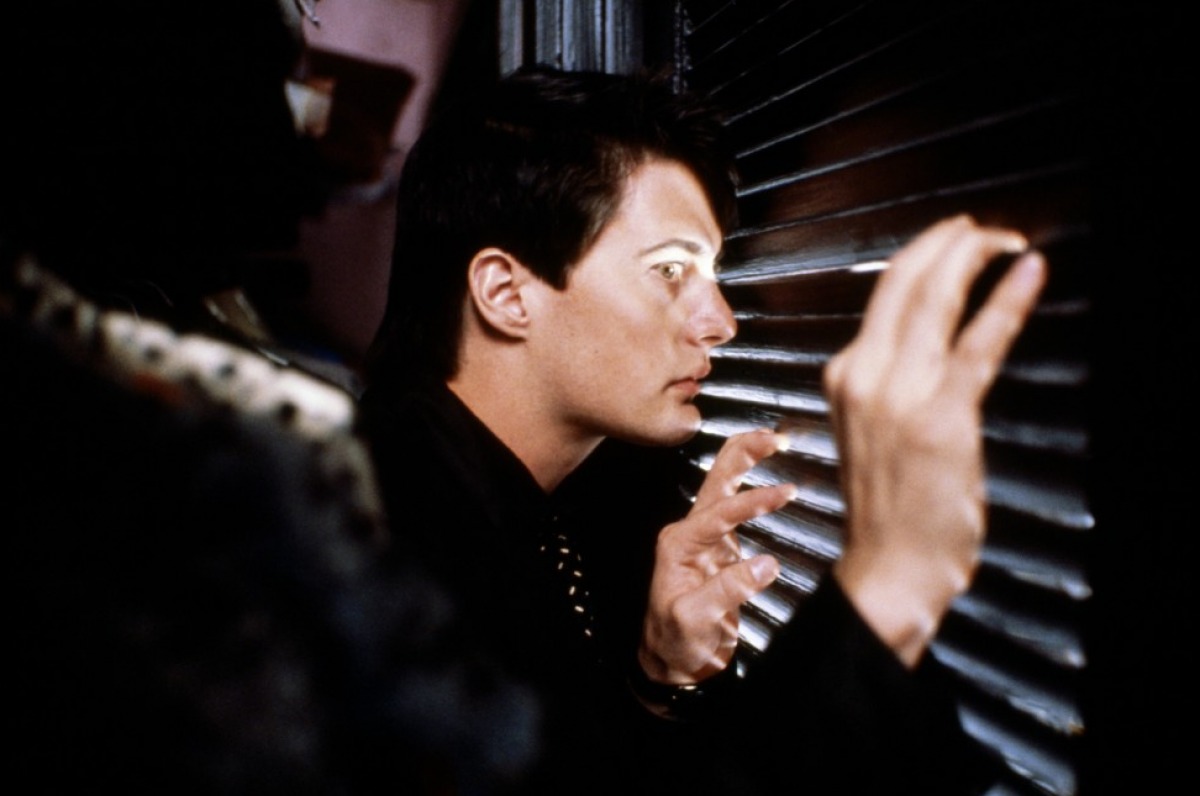
Curiosity gets the best of Caleb and Thomasin in ‘The Witch’ in the same manner as Thomas Howard at the end of ‘The Lighthouse’. In both films, mankind’s all-consuming quest for knowledge ultimately proves to be its very downfall. In a similar vein, the life of a young college student called Jeffrey Beaumont turns upside down after he stumbles upon a severed ear in a field. Not knowing any better, Jeffrey decides to unearth the truth behind his unsettling discovery, only to find himself embroiled in the middle of a macabre blackmailing scheme concerning a sadistic psychopath and a lounge singer named Dorothy.
In a two-hour stroke of genius, David Lynch delivered a slice of Americana that exposed the rotten underbelly hidden beneath the peaceful ’50s suburbia. The film perfectly illustrates how we’re inherently drawn into the unknown and the occult, dwelling on the burden of intergenerational trauma and abuse by juxtaposing the idyllic small-town neighborhoods with the ugly corruption that lies right beneath it. “What’s not to love about ‘Blue Velvet’? To think about just how influential his films are to cinema history and to sound design… Lynch, in general, is massive”, rightfully asserted Eggers. Up to three of Lynch’s films, including this one, would appear in the exclusive list of favorite horror films the director carefully assembled during his Reddit AMA.